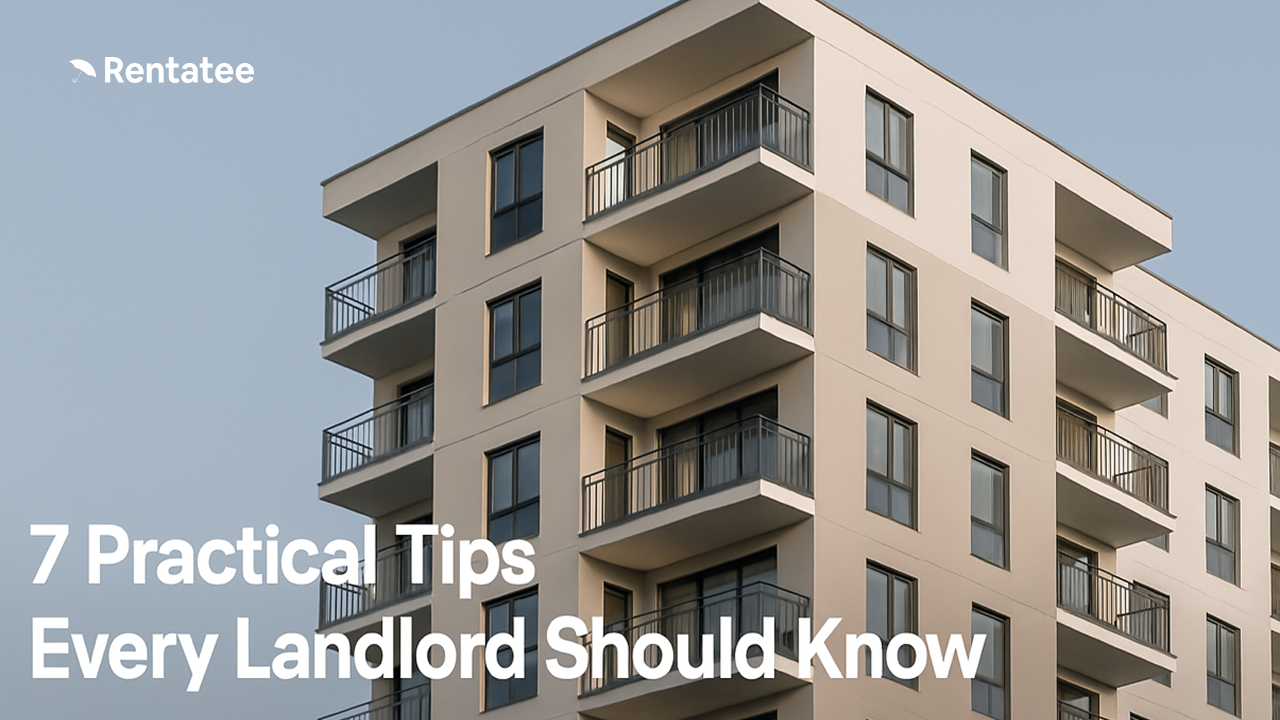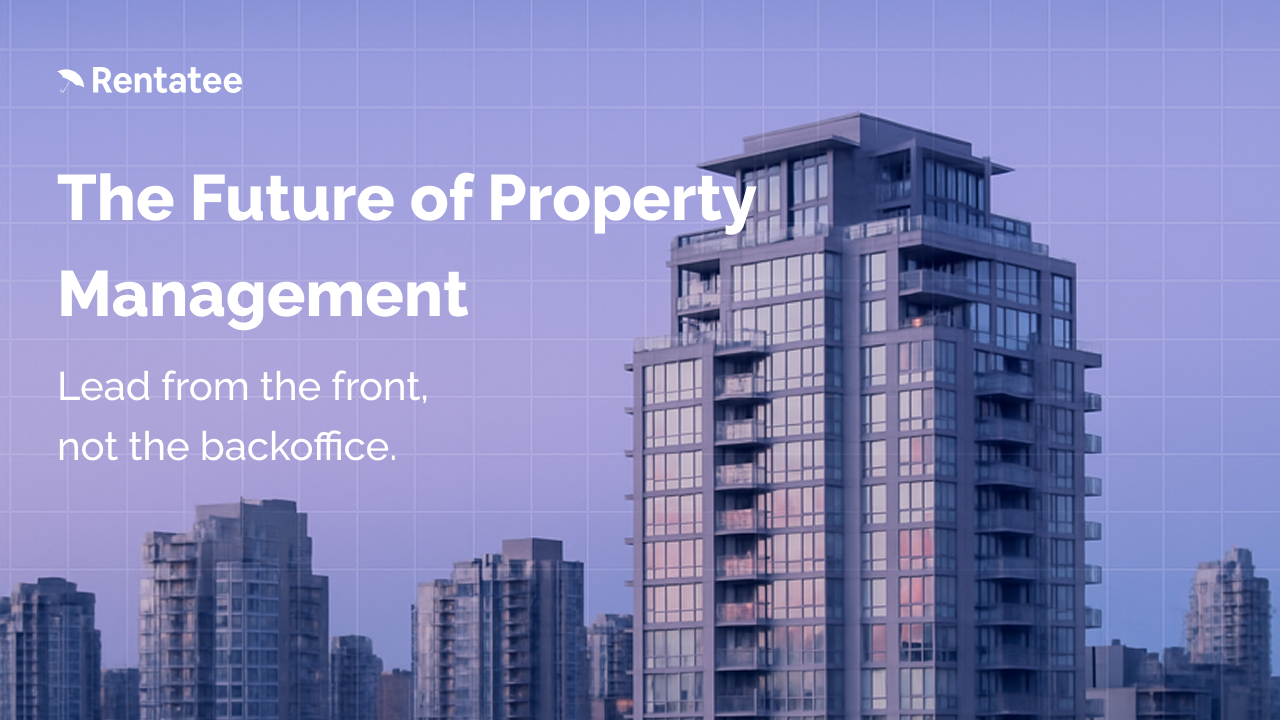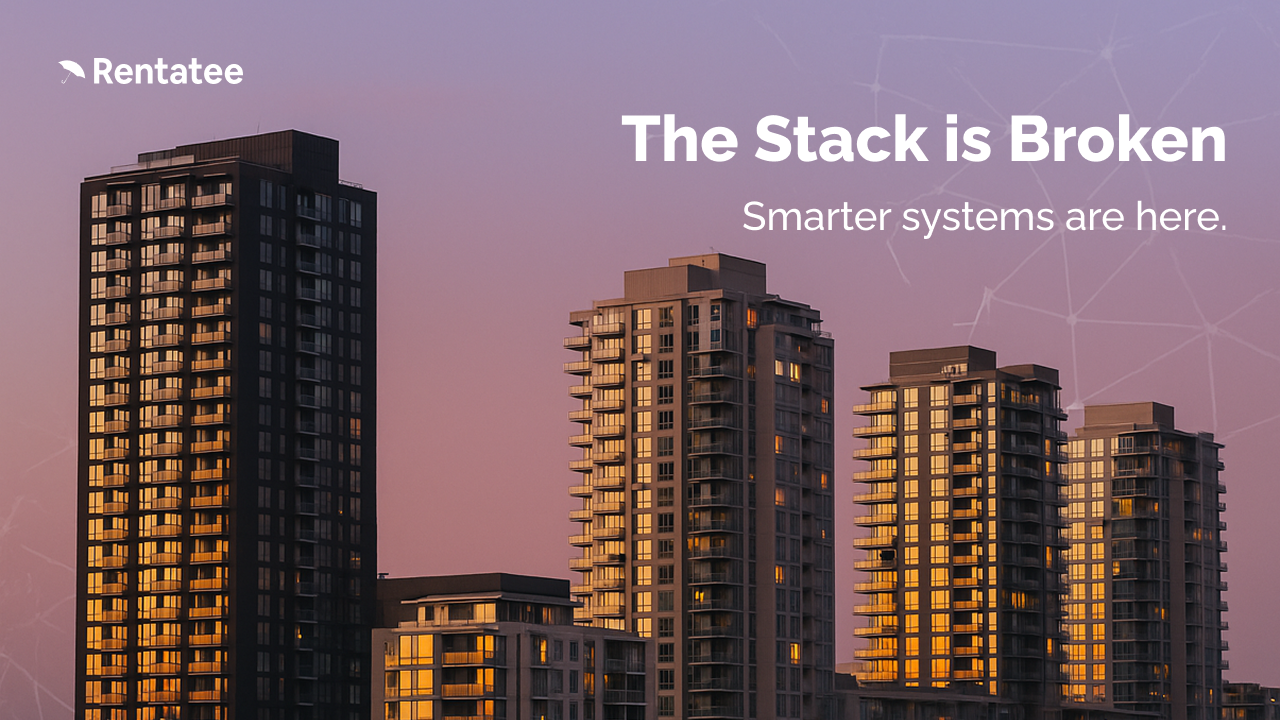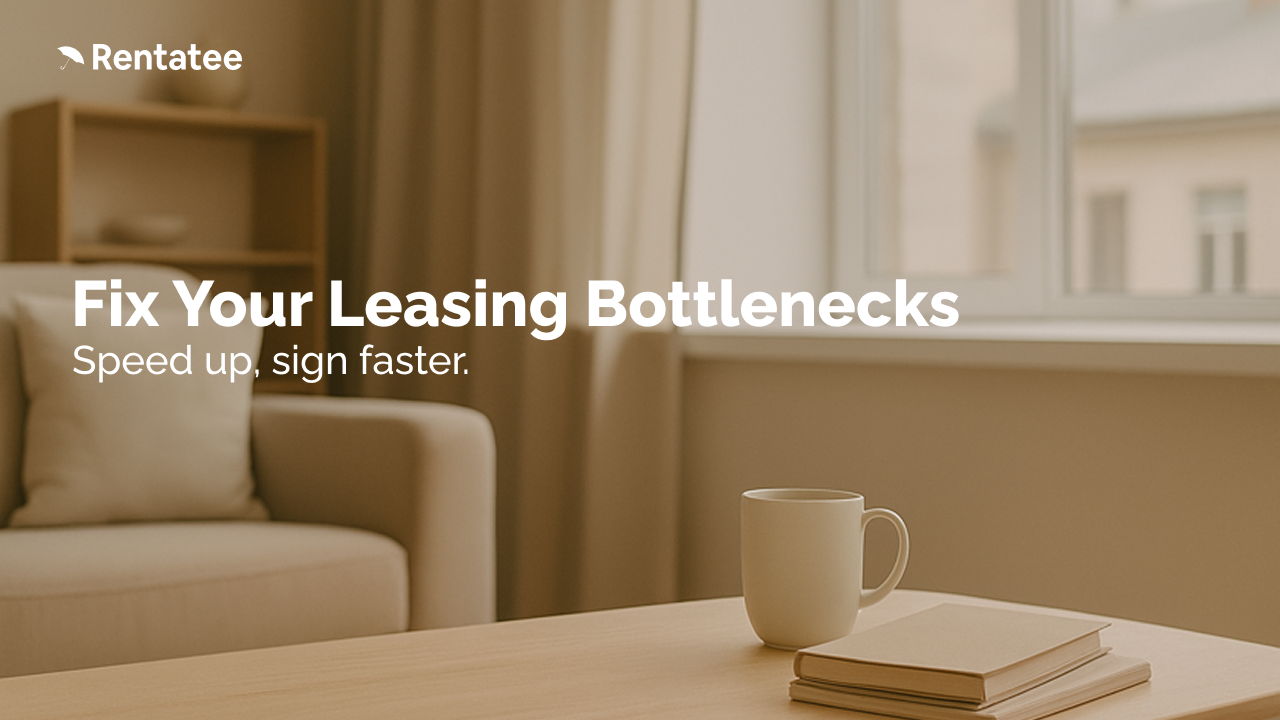Whether you manage one unit or a growing portfolio, being a landlord means balancing relationships, risk, and revenue.
Every single month.
Here are seven practical tips that top operators follow to protect their time, their properties, and their bottom line.
1. Screen Tenants Thoroughly — Every Time
No shortcuts. No gut calls.
Run full background and credit checks. Verify income and employment. Call previous landlords.
The cost of a bad tenant always outweighs the time saved during leasing.
A strong screening process reduces rent issues, damage, and turnover. It’s your first line of defense.
2. Address Maintenance Issues Quickly
Small problems become expensive fast.
Respond to repair requests promptly, even if it’s just to confirm you’ve received them.
Create a clear process for intake, prioritization, and resolution and track everything.
Fast maintenance protects your asset and keeps tenants from walking.
3. Be Clear and Consistent With Communication
Don’t rely on memory, text messages, or scattered emails.
Use one channel (like a tenant portal or shared email thread) for all communication.
Log everything... especially rent notices, repair follow-ups, and lease changes.
Professional communication builds trust and protects you if anything goes sideways.
4. Set Clear Expectations From Day One
Don’t assume tenants will “figure it out.”
Be explicit about:
- Rent due dates
- Maintenance responsibilities
- Noise, pets, and guest policies
- What happens if rules are broken
When everyone’s on the same page, there are fewer misunderstandings and disputes.
5. Keep Accurate, Organized Records
Track:
- Rent payments
- Maintenance history
- Lease agreements and renewals
- Communication logs
Use software, not spreadsheets so you can access what you need, when you need it.
If you ever need to prove what happened, your records should back you up.
6. Know the Laws — And Stay Updated
Landlord-tenant regulations vary by province, state, and municipality.
Make sure you understand:
- Notice periods
- Eviction processes
- Rent increase rules
- Local health and safety standards
Falling out of compliance even unintentionally can cost you.
7. Stay Professional, Not Personal
This is a business. Treat it like one.
You can be fair and empathetic without bending your rules or blurring boundaries.
Tenants will respect structure especially when it’s applied consistently.
Set your standards. Enforce them clearly. And protect your time.
Final Word
Successful property management isn’t just about being reactive.
It’s about building systems that reduce risk, save time, and create a better experience for you and your tenants.
Start with the basics. Get them right. Then scale up.




